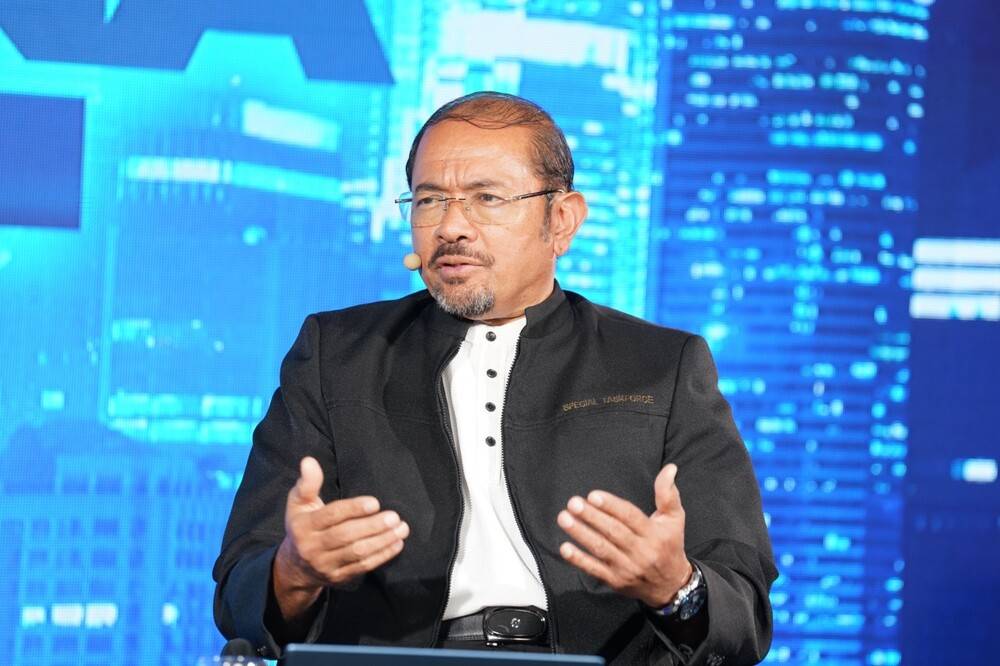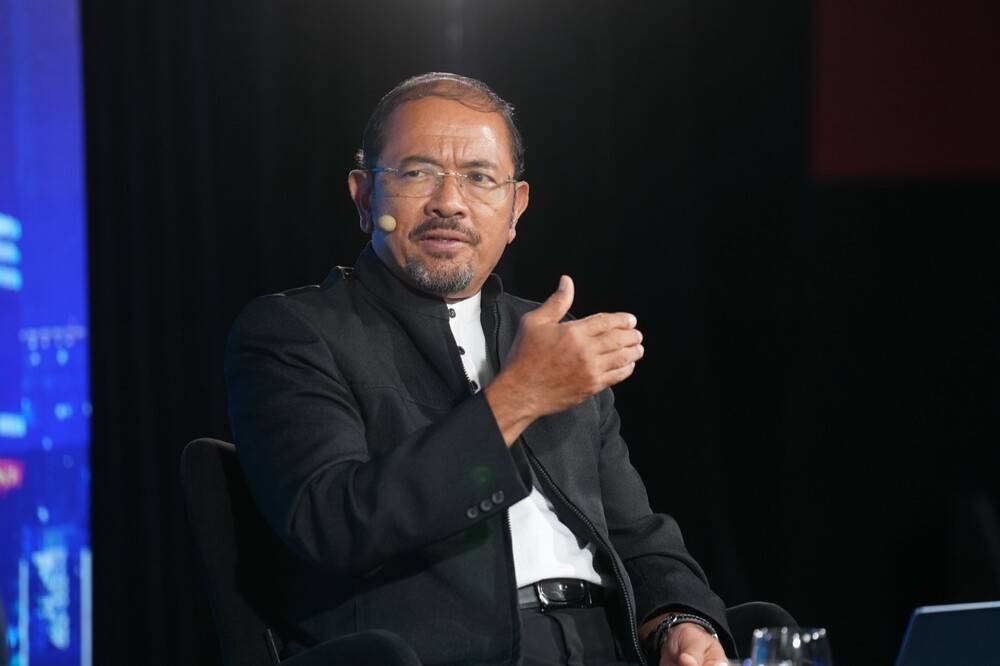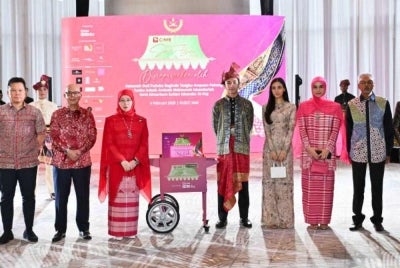Urgent need to engage youth in anti-corruption fight
A survey from 2002, revealed that 31.5 per cent of students expressed willingness to engage in corruption if given the chance.

SHAH ALAM - Board Member of the Malaysian Institute of Integrity (IIM) Datuk Seri Mustafar Ali emphasised the need for in-depth research and a focus on youth engagement to address corruption.
Citing a survey from 2002, which revealed that 31.5 per cent of students expressed willingness to engage in corruption if given the chance, Mustafar said it was crucial to tackle the issue head-on by focusing on future generations and their role in combating corruption.
"It was a scary statistic and it demanded serious attention. This led to the establishment of IIM in 2004 and the introduction of the National Integrity Plan, which remains relevant today. So, what role do youth play in this?
"It is not just about organising programmes, workshops or events for young people; it is about how they truly engage as the future generation. We risk neglecting the potential of the youth as future leaders, not only for the country but for the world.
"Their role is critical, which is why research is so important," he said during Sinar Daily’s Wacana English programme entitled "The Jakarta Statement: Asean’s Silent Revolution Against Corruption?" at the Karangkraf Group Complex, yesterday.

Through comprehensive studies, Mustafar stressed that we can pinpoint what went wrong, identify necessary actions and determine the steps to address them, with effective execution being crucial.
He also highlighted the importance of analysing trends by recognising key players—non-governmental organisations, the media and the government and fostering collaboration among them, while empowering youth to become advocates who speak for themselves rather than being spoken for.
"Sometimes, we talk too much about what they should do without giving them the chance to share their views. Providing them with this opportunity is essential; seek first to understand, before being understood.
"By listening to their voices, especially within their peer groups and addressing issues at the family, community, societal and regional levels, we can conduct meaningful, in-depth research that will guide us in shaping a better future," he added.
Download Sinar Daily application.Click Here!















